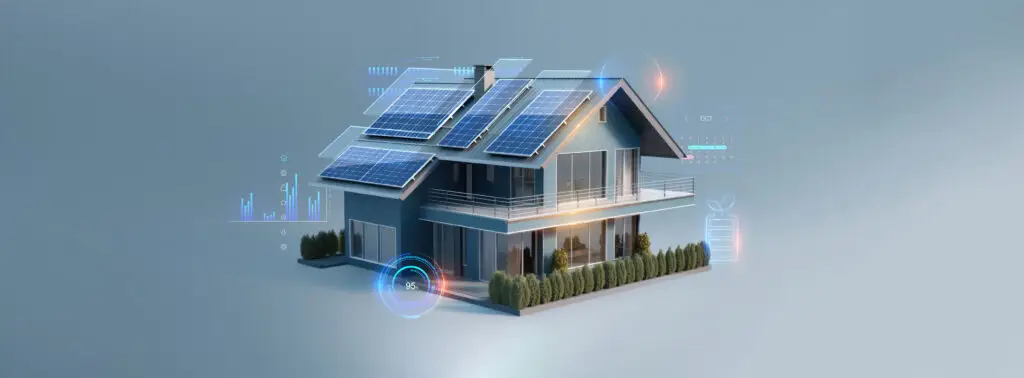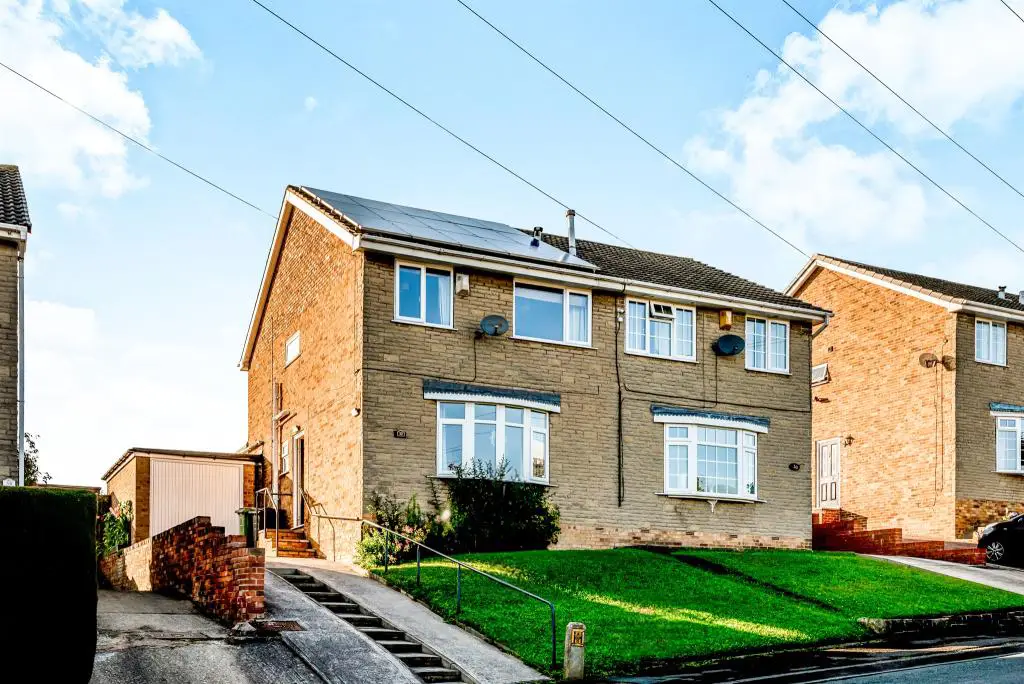Pros and Cons of Solar Panels in the UK
In the United Kingdom, the push towards renewable energy solutions has become increasingly prominent, with solar power emerging as a viable option for homeowners looking to reduce their carbon footprint and energy bills. While the benefits of solar panels are evident, it’s essential to weigh them against the specific considerations of the UK’s climate, regulations, and economic landscape. Let’s delve into the pros and cons of installing solar panels on a residential home in the UK.
Pros:
- Reduced Carbon Emissions: By harnessing solar energy, homeowners can significantly reduce their reliance on fossil fuels, thus decreasing their carbon footprint. This aligns with the UK’s commitment to combating climate change and transitioning to a low-carbon economy.
- Financial Incentives: The UK government offers various financial incentives to encourage the adoption of solar panels, including the Smart Export Guarantee (SEG) and the Renewable Heat Incentive (RHI). These schemes provide financial support and incentives for homeowners who generate renewable energy.
- Energy Savings: Solar panels allow homeowners to generate their own electricity, reducing dependency on grid-supplied power and mitigating the impact of rising energy prices. Over time, this can lead to significant savings on electricity bills, providing a tangible financial benefit.
- Energy Security: Solar power offers homeowners a degree of energy security by diversifying their energy sources. In the event of power outages or disruptions to the grid, solar panels can provide a reliable source of electricity, enhancing resilience and peace of mind.
- Long-Term Investment: While the initial cost of installing solar panels may seem daunting, it’s essential to view it as a long-term investment. Solar panels typically have a lifespan of 25 years or more, offering reliable energy generation and potential savings over their lifetime.
- * BUILD
- * BUILD
- * BUILD
- * BUILD
- * BUILD
- * BUILD
- * BUILD
- * BUILD
- * BUILD
- * BUILD
- * BUILD
- * BUILD
- * BUILD
- * BUILD
- * BUILD
- * BUILD
- * BUILD
- * BUILD
- * BUILD
- * BUILD
- * BUILD
- * BUILD
- * BUILD
- * BUILD
- * BUILD
- * BUILD
- * BUILD
- * BUILD

What's The Downside?

-
Cons:
- Weather Dependency: The UK’s climate, characterised by frequent cloud cover and unpredictable weather patterns, can impact the efficiency of solar panels. Reduced sunlight exposure can lower energy generation levels, affecting overall performance and potential savings.
- Initial Cost: Despite declining costs in recent years, the upfront investment required for solar panel installation can still be significant. This may deter some homeowners from pursuing solar power, especially those with limited financial resources.
- Space Limitations: Many UK homes have limited roof space or shading issues that may affect the feasibility of solar panel installation. Ensuring optimal sunlight exposure is crucial for maximising energy generation and efficiency.
- Regulatory Challenges: While the UK government provides incentives for solar adoption, navigating the regulatory landscape can be complex. Homeowners may encounter permitting requirements, grid connection regulations, and other administrative hurdles that can complicate the installation process.
- Maintenance Requirements: Solar panels require maintenance to ensure optimal performance. This includes cleaning to remove dirt and debris, as well as monitoring for potential issues such as shading or damage. While maintenance is relatively minimal, it’s an ongoing responsibility for homeowners.
In conclusion, while there are clear benefits to installing solar panels on residential homes in the UK, it’s essential to consider the specific challenges and opportunities presented by the local climate, regulations, and economic factors.
Its also worth considering that solar energy technology has been evolving rapidly over the past few decades, and it continues to do so. Key aspects to this include efficiency, cost reduction, durability, integration, storage solutions and smart grid integration.
By carefully evaluating the pros and cons, homeowners can make informed decisions about whether solar power is the right choice for their energy needs and sustainability goals now, or in the future.
- Weather Dependency: The UK’s climate, characterised by frequent cloud cover and unpredictable weather patterns, can impact the efficiency of solar panels. Reduced sunlight exposure can lower energy generation levels, affecting overall performance and potential savings.
Related Posts
To provide the best experiences, we use technologies like cookies to store and/or access device information. Consenting to these technologies will allow us to process data such as browsing behaviour or unique IDs on this site. Not consenting or withdrawing consent, may adversely affect certain features and functions. Cookie Policy



